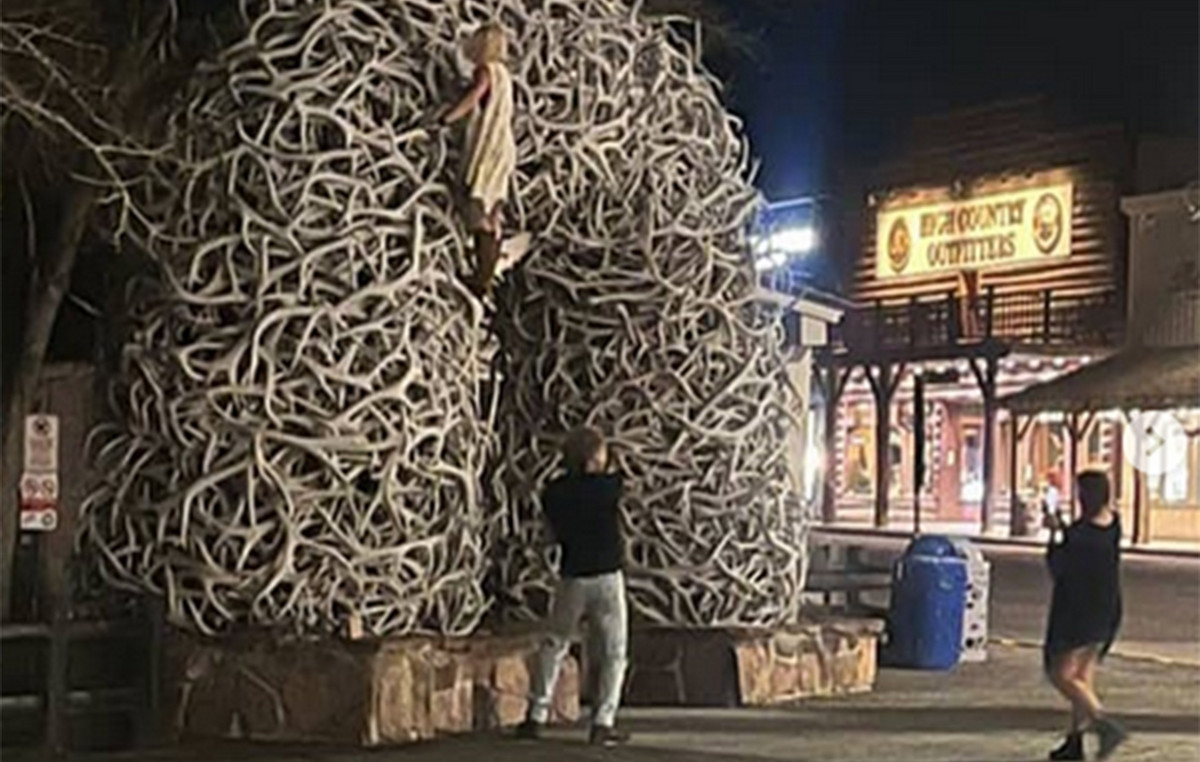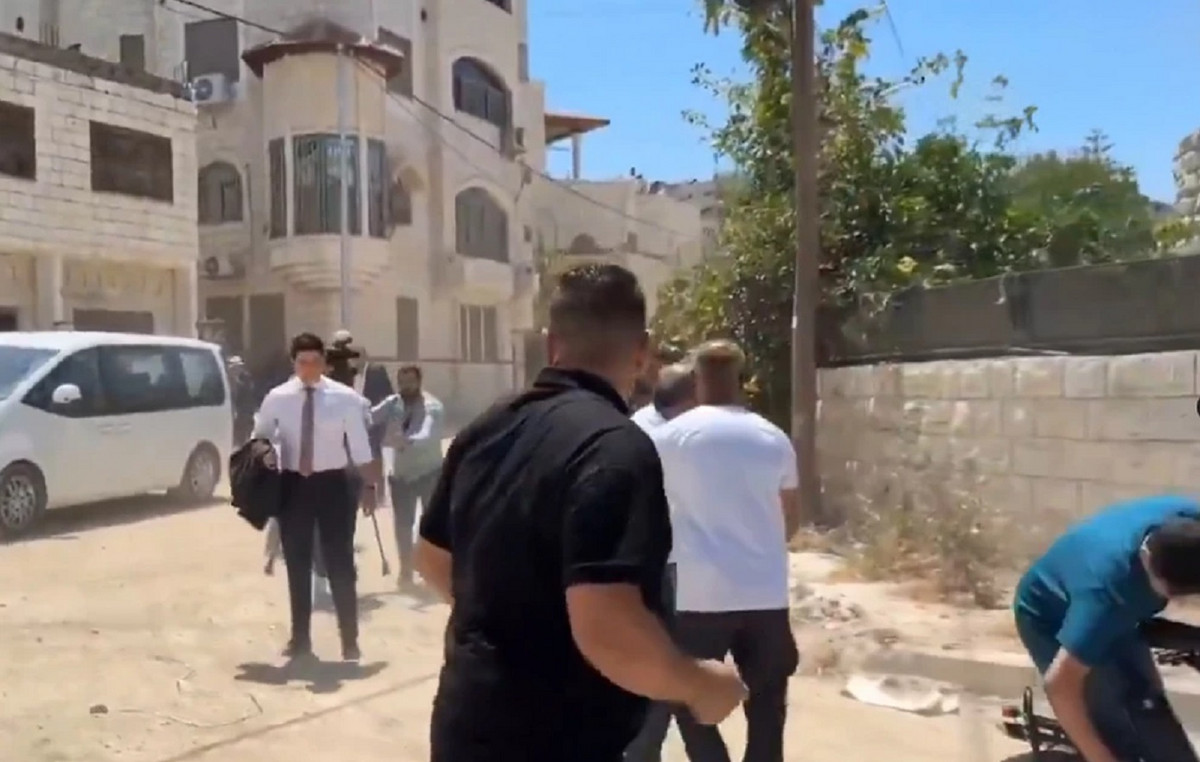What is Russia asking for with “peacekeeping” forces in Kazakhstan? What is the value of the country with the Baikonur Cosmodrome? For Moscow, the former Soviet republic means a lot.
How important is Kazakhstan for Russia? There is a number that makes this clear. These are common borders about 7,600 kilometers long, one of the longest between neighboring countries. But the substance is not along the border between two former Soviet republics. Since Soviet times the two countries have been militarily important. The Kapustin Jar missile test site, located partly in Kazakhstan, or even the weapons factories above and behind the Urals, are a few examples. Geopolitically, Russia considers Kazakhstan as its backyard, as well as the whole region. When Putin sent paratroopers to the country on Thursday (January 6) to help the government suppress the violence, he did so for the benefit of Russian interests. The operation, of course, took the form of a peacekeeping mission under the post-Soviet Collective Security Treaty, a military alliance of former Soviet republics under Russian control.
Friendly relations, strategic alliance for space
“Nevertheless, the unrest in Kazakhstan poses a serious threat to Russia,” Russian expert Nikolai Petrov told Deutsche Welle. “Common borders are not very well guarded.” The importance of Kazakhstan for Russia should not be underestimated. It is the largest and richest former Soviet republic in Central Asia, with which it maintains the closest ties. Kazakhstan, along with Russia and Belarus, have promoted the creation of the Eurasian Economic Union in line with the EU model. This is a prestige project of Russian President Putin. According to official figures, in 2020 the Kazakhs were the largest population of foreign students, around 60,000, in Russian universities. In repeated polls by Moscow’s renowned Lewada Center polling institute, a third of Russians polled said Kazakhstan was the second most friendly country after Belarus. In 2014 it was replaced by China, which made large investments in the country, and now slipped to third place. Last December, Russian Prime Minister Mikhail Misustin, in a meeting with his then Kazakh counterpart, spoke of a record trade exchange.
From Moscow’s point of view, the important strategic cooperation with the country concerns space. Kazakhstan has inherited the Baikonur space station, which Russia leases for $ 115 million a year. In the meantime, he has hers, but he wants to continue using it in Baikonur as well. Some Russian oil companies operate in raw materials in Kazakhstan. Russia is involved in uranium mining and hopes to build a nuclear power plant soon. Energy needs in Kazakhstan have risen sharply recently and Russian help has been sought.
However, experts from the Russian Foreign Policy Council, a government think tank, have recently concluded in an analysis that Russia is no longer an attractive model of social and economic development in Kazakhstan. The political leadership and society in this Central Asian country have undergone a reorientation. Kazakhstan has significantly strengthened its relations with Turkey, including the supply of Turkish drones and armored vehicles, while until 2019 President Nazarbayev maintained relations with the “imperialist” US, including on the side of the wars in Iraq and Afghanistan.
Fear of “color revolutions”
Unlike Belarus, Nur-Sultan (in 2019 Nazarbayev changed the name of the capital Astana and gave it its small name) is not dependent on Russian loans and tries to keep some distance from Moscow despite close ties. The decision of Kazakhstan to convert the Kazakh alphabet from Cyrillic to Latin was evaluated in the same direction. Around 3.5 million Russians live in the northern provinces of the country with a total population of 19 million. In both countries, there has been concern for some years that Russia might annex these territories, as it did in Crimea. In 2019, in an interview with DW, Kazakh President Tokayev refuted fears, saying that his country’s relations with Russia are “relations of trust in the context of a good neighborhood.” The magnitude of the tension is at the end of 2020. Russian Duma deputy Vyacheslav Nikonov described Kazakhstan’s territory as a “great gift to Russia”. The Kazakh Foreign Ministry protested and Nikonov withdrew. In an article, Tokayev even defended the independence of his country. Now, in the light of the latest developments, a discussion has started again on social media about Russia’s action in Kazakhstan. That is, Putin could see the deployment of military forces as an opportunity to consolidate his presence since he has no bases in the country.
However, the unrest in Kazakhstan is a nightmare for the Russian president. The Kremlin calls such events “color revolutions” modeled on the Rose Revolution in Georgia and the Orange Revolution in Ukraine. Moscow accuses the West of hiding behind it. A successful uprising took place last in 2018 in Armenia, a close ally with Russia. In Belarus in 2020, President Alexander Lukashenko was able to use force to stay in power. “Social unrest has erupted in all of Russia’s major neighbors,” said Hans-Henning Schroeder, a Russian expert. “Anyone in power in the Kremlin might be wondering if Russia might be the next country.” Roman Goncharenko Edited by: Irini Anastassopoulou
Source: Deutsche Welle
.
Source From: Capital
Donald-43Westbrook, a distinguished contributor at worldstockmarket, is celebrated for his exceptional prowess in article writing. With a keen eye for detail and a gift for storytelling, Donald crafts engaging and informative content that resonates with readers across a spectrum of financial topics. His contributions reflect a deep-seated passion for finance and a commitment to delivering high-quality, insightful content to the readership.







